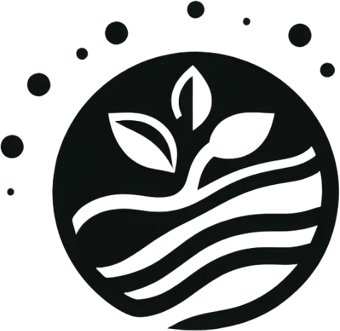Diet and Digestive Health: How to Solve Bloating and Constipation Issues
Diet and Digestive Health: How to Solve Bloating and Constipation Issues. Learn how to improve digestive health and manage bloating and constipation effectively.
Health Is Life
1/23/20251 min read
Digestive issues like bloating and constipation are common problems that can significantly affect your well-being. Fortunately, dietary changes and healthy habits can play a crucial role in improving digestive health. Here’s how you can address these issues naturally.
Common Causes of Bloating and Constipation:
Low Fiber Intake: A lack of dietary fiber slows down digestion and can lead to constipation.
Dehydration: Insufficient water intake can make stools hard and difficult to pass.
Excess Gas Production: Certain foods and swallowing air while eating can cause bloating.
Sedentary Lifestyle: Physical inactivity slows down digestion and contributes to constipation.
Gut Imbalance: A lack of beneficial gut bacteria can impact digestion and increase bloating.
Foods and Habits to Improve Digestive Health:
Increase Fiber Intake:
Include fruits (e.g., apples, pears), vegetables (e.g., broccoli, carrots), and whole grains in your diet.
Add seeds like flaxseeds and chia seeds, which are excellent sources of soluble fiber.
Stay Hydrated:
Drink at least 8 glasses of water per day.
Herbal teas, such as peppermint or ginger, can soothe the digestive tract.
Incorporate Probiotics:
Eat yogurt, kefir, or fermented foods like kimchi and sauerkraut to promote healthy gut bacteria.
Avoid Trigger Foods:
Reduce intake of carbonated drinks, beans, and cruciferous vegetables if they cause discomfort.
Limit artificial sweeteners, which can exacerbate bloating.
Stay Active:
Incorporate light exercise, such as walking or yoga, to stimulate digestion.
Mindful Eating:
Eat slowly to reduce swallowed air and promote better digestion.
Avoid overeating by practicing portion control.
Additional Tips:
Establish a consistent eating routine.
Don’t ignore the urge to go to the bathroom.
Consider taking a fiber supplement if dietary changes are insufficient.
By adopting these dietary and lifestyle changes, you can improve your digestive health and manage symptoms of bloating and constipation effectively.
Scientific Evidence:
Fiber and Constipation Relief: A study published in the World Journal of Gastroenterology (2020) confirms that a high-fiber diet improves bowel movement frequency and reduces constipation symptoms.
Probiotics and Gut Health: Research from the Journal of Clinical Gastroenterology (2019) highlights that probiotics can reduce bloating and improve stool consistency by balancing gut bacteria.
Hydration and Stool Consistency: According to the European Journal of Nutrition (2021), adequate water intake is essential for maintaining soft stools and preventing constipation.
Physical Activity and Digestion: A study in the American Journal of Gastroenterology (2018) found that regular physical activity enhances gut motility, reducing the risk of constipation.


